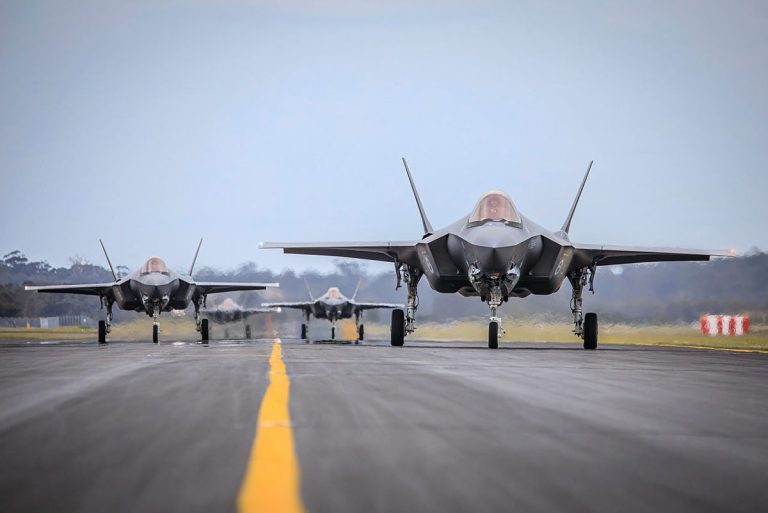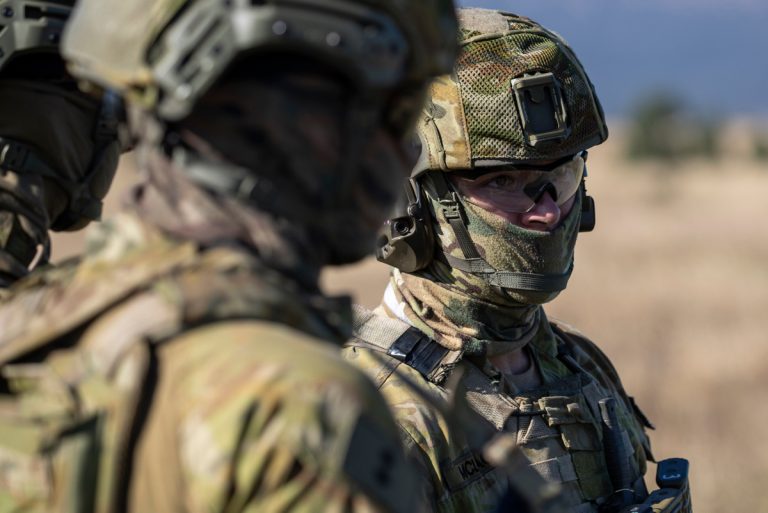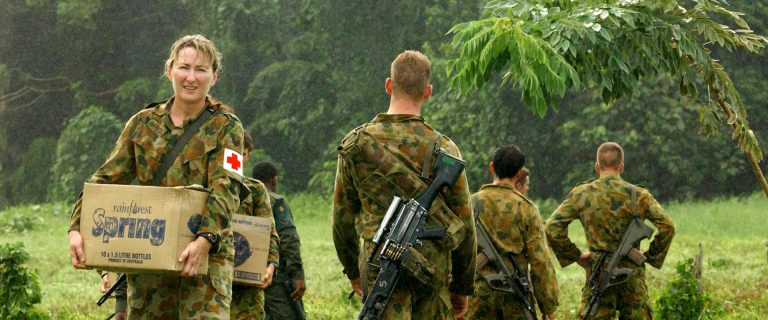Are you looking for your first (or second) break on Civvy Street? Concerned that civvy employers won’t value your military experience?
This fantastic article, (initially appearing in the Telegraph in January 2014) explains just how valuable you are…
Sir Rob Fry, who was Deputy Commanding General of the coalition forces in Iraq in 2006, has made the transition to a senior role in the private sector as executive director of consultancy firm McKinney Rogers. With thousands of ex-servicemen due to become jobseekers, he outlines five ways in which hiring a manager with military experience could help keep your business fighting fit.
Passing a plan down
Anyone who has been in the military is highly attuned to team performance. The military only succeeds by emphasising the collective output rather than concentrating on individual output. There’s more of a sense of how the aggregate performs [than in business]. Business can really benefit from learning an unbroken narrative between strategic intent at the top of an organisation and tactical application at the bottom from the military. Having been given a mission, managers derive collective responsibility and then translate that into individual responsibility and pass the process right the way through an organisation so everyone can work out what their contribution to overall success would look like.
Find out what you’re eligible for
Working at corporate organisations, you have a mission which adorns the chief executive’s wall, or is maybe held in the collective minds at board level, but finding an understanding of that two thirds of the way down an organisation is an extremely rare thing to find. When military things I was involved in weren’t going well, it was because the same gap existed there but at least there was a self conscious process in the military and you knew what you had to do to improve that.
Unless managers make some analysis of the specified task but also the implied tasks, the second order consequences of that mission, unless they go through the process of analysing that, it’s very difficult for them to understand the consequences of the [plan] they’re establishing for the rest of the organisation. Once you’ve got them straight on that, it’s a case of devising the tasks for the next level down, within the direct reports of the chief executives, and going through a similar process with them and then on down throughout the rest of the organisation.
The “operational rehearsal”

When launching a new product or service, Sir Rob recommends companies carry out a detailed rehearsal which simulates the interplay between competing interests:Lots of companies do scenario planning, which is not the same thing. That takes a specific eventuality and models responses against it; operational planning actually tests the plan. The business is one set of players. We create the other players: the competition and a third set, which are external events and regulators. It’s the interplay which gets inside a plan. Lots of people are reluctant to do this because they don’t like the outcomes, which aren’t always a ringing endorsement of the plan.
Working with difficult partners
Business calls it the marketplace and military calls it the battlefield but essentially the adversarial relationships are the same. If you think the enemy is any less smart, determined or ruthless that you are, you’re likely to be in for a nasty surprise. But modern military operations are also all about a complex pastiche of alliances, of formal and [sometimes difficult] allied relationships. Look at the US and Britain having to be aligned with Pakistan. More and more in business at the higher level, that relationship between the competition and your strategic partners and your supply chain is quite complex. The mixture of alliances and an adversarial landscape is very similar. If you lead a team at the tactical application level of things, if you can create certain co-operative behaviours, it’s likely to be more successful. That is something anybody who has served in military life is likely to bring with them as an intuitive skill.
Managing a strategic shock
People who have been through a military experience are pretty good at having their world turned upside down. When 9/11 happened, we had a body of troops in Afghanistan [very quickly]. Businesses typically aren’t very agile at responding to major dislocations. The incidence and speed of strategic disruption is so quick and profound in its implications that you need to create behaviours that give you the ability to absorb these sorts of shocks.
Helping a small organisation grow
Most small organisations start with an intuitive, common understanding of what they’re trying to do. There are several hurdles to get over before you can become a medium-sized business. One of those is unity of purpose. One of the dangers they run is that you have an illusion of a common purpose but the actuality is that it can be going in any number of different directions. Having that mission leadership that concentrates on and communicates strategic intent to turn it into tactical application makes it easier for a small business to keep its values and identity as it grows.







